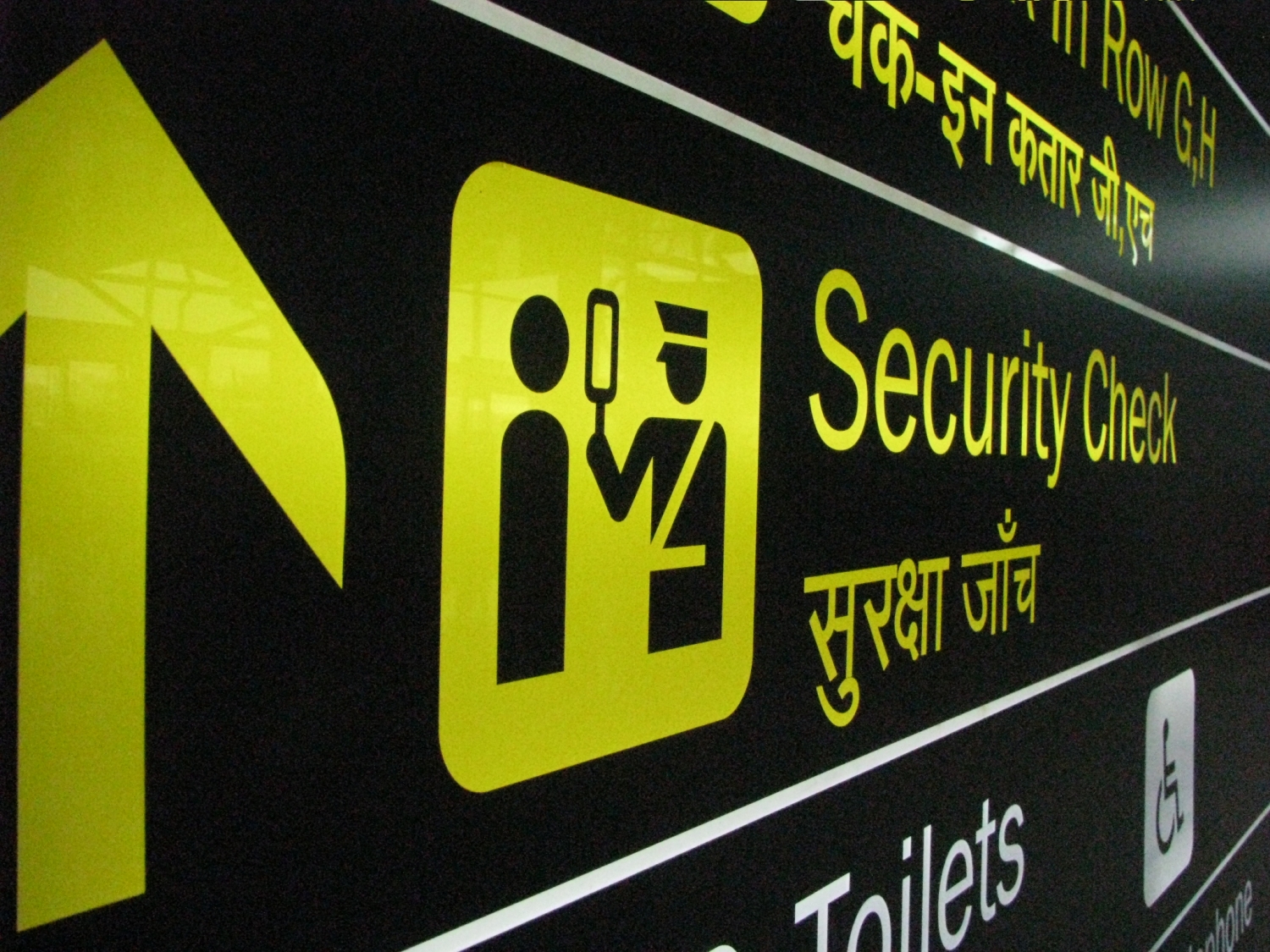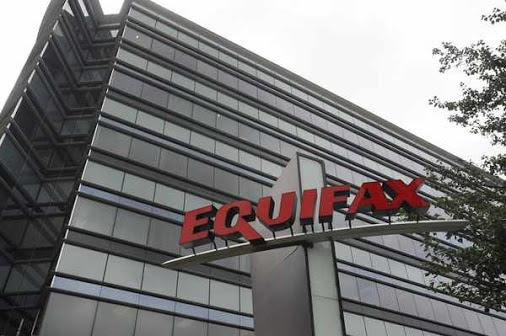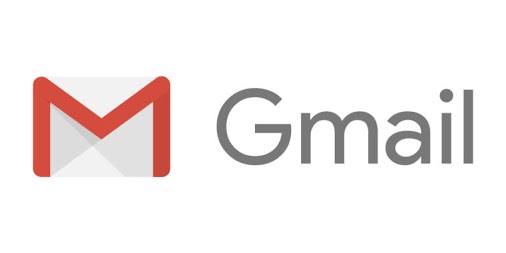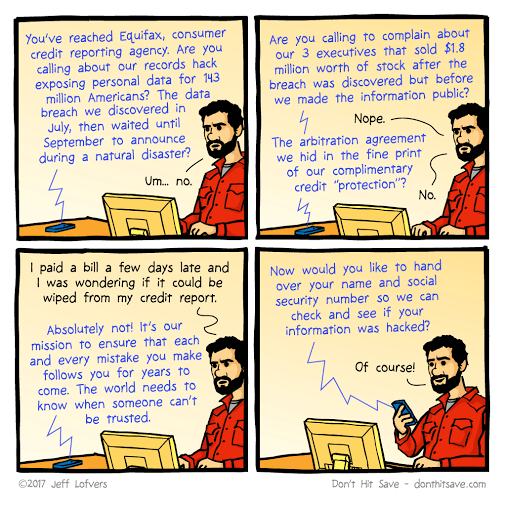So every year or so I see an eyerolling article on “I lived for a week without Google” or “I got rid of my Gameboy” or “I turned off my mobile phone and here’s how my life changed.”
Having been without a mobile phone for 9 days, I can tell you … it sucked.
(And, since I have a blog, I can kvetch about it at length. Feel free to ignore it.)
* * *
On Sunday the 9th, I found my phone — a Pixel 1 — was dead. Press a button, get a battery-and-lightning-bolt icon for a few moments. Plug it in, get the logo full-time, but no sign of charging.
Dammit.

It took me a few days to go through all the diagnostics I could on my own. As it seemed to be a power problem, a lot of the recommendations for diagnosis and/or correction had to do with letting things fully discharge, letting things fully recharge (leave it on the charger for some hours), trying something, and, if that fails, try a full (dis)charge again.
By Tuesday, I had tried what I could, had scoured the Google for things to try, and starting to run into real problems with having a dead phone. So Tuesday night, I took it down to the local UBreakIFix where I had gotten a new battery installed back in May (which had been wonderful). The guy there assured me he could take a look at it that evening and have some answers.
Fast forward a couple of days, and multiple calls to the shop to get a status (which was mostly prefaced with “Oh, I was just working on it, I need to do this one more thing”). By Thursday evening, they had given up hope and said the only thing left was a motherboard problem.
Now … I’ve had this phone some years (a 1st Gen Pixel, as I noted, which was introed in 2016, which is like forever ago in phone years). So I wasn’t completely outraged that it had given up the ghost with some mysterious ailment. And I’d done some research in the meantime, and decided I wanted to continue on with a Pixel 4.

(Yes, I’ve read about the problems with the Pixel 4, most of which have to do with battery life. I’ve also read some post-release review saying, hey, y’know, if you’re not running movies and playing chip-burning games 24×7, the battery life is actually perfectly reasonable. Which, since I’m not in that heavy use category, sounded good to me.)
So Thursday evening we picked up my brick, and went over to the Verizon store. We get good discounts through Margie’s employer (who has been working with Verizon so long the company agreement number is a preposterously low value compared to where they are now).
I wanted a Pixel 4XL. And I wanted the 128Gb version.
Oooh, sorry, we are all out of 128s in the 4 and the 4XL. But we can order it and have it shipped to you.
I have been without a mobile for five days, with various dire results. Okay, fine.
Okay, that will be 3-5 business days.
Dammit.
Or, for $13, you can get it delivered at home tomorrow night by 8pm.
Sold.
Until the next day, when we hadn’t gotten any shipping info on the phone (just a receipt for the bill). And, when I contacted Verizon, I was told the order went in too late on Thursday evening, so it would be another business day.
Monday, by 8pm.
Dammit.
I did get them to reverse the damned $13, so that was … mildly less infuriating.
Monday rolls around. FedEx notes it will be delivered by 8pm, but has no more details. Oh, wait, maybe I can get more details, but I have to create a FedEx account which …
… gets validated by a code texted to my mobile. Which I don’t have.
Margie has to take Mom off to the doctor on Monday morning, but, hey, phone is due that night, right?
Well, apparently FedEx believes that “by 8pm” also includes “or eight hours earlier than that,” as we get notification that they tried, really-truly they did, at 11:59 am, but nobody was there.
Dammit.
So I can either accept delivery “by 8pm” on Tuesday (someone stay home and don’t even dare go to the bathroom, by gad!), or go by the FedEx facility after 6:15pm, but no later than 7pm when they close.
Well, it’s been a long day for me, and a longer one for Margie, but we tromp to FedEx because, dammit, I want my phone.
We’re delayed a few minutes in dealing with the fact that the email FedEx sent us with the address of the facility, when the address is clicked, points to (in retrospect) the geographical center of the city it belongs to (complete with turn-by-turn directions), rather than, as Google kept trying to tell us, a facility over near the airport.
Fortunately, we listened to Google, otherwise there would have been violence.
As there almost was when we showed up at 6:30pm at the FedEx facility, and were told by the guy behind the counter that, oh, sorry, that truck isn’t back yet.
Don’t peeve off my wife on customer service matters. She gets frightening.
The guy behind the counter quickly scrambled off into the warehouse and, lo and behold!, the truck was there, it just hadn’t checked in yet. He returned with.
My Phone.
Which I got up and running over the course of the rest of the evening, despite some really annoying aspects to Googles two-factor-authentication which almost kept me from doing the restore because it really, truly, certainly wanted me to confirm my identity logging into the phone by sending a text … to the phone … which it wouldn’t accept … because I wasn’t logged in.
The one advantage to the delays in getting the phone was that it meant the accessories (case, etc.) had plenty of time to arrive.
Anyway, I have my phone and, aside from weirdness on the company security side of things (which took up waaaaay too much of my time today), it is so nice to have my mobile back.
And, yes, this is a classic #FirstWorldProblem, but personally aggravating, regardless.
* * *
So, what were the problems of being without mobile phone?
Here were a few I noted:
- All the security mavins recommend two-factor authentication for good security. I.e., not just a userid/password combo, but some physical thing you have that proves you are you, and not just some guy who stole a userid/password combo.
Most of these involved either some fancy code generator like Google Authenticator, or else, more simply, “We’re going to text you with a code, so plug the code into this screen to prove you are you.”
That’s all really awesome. Until the device that does all of that — the one you’ve installed an Authenticator on, or the one that has your pre-entered mobile number as the thing to text to — is kaput. Then all that happens is that you can’t get to the Authenticator, and you can’t receive texts …
… and various services who want to prove you are really you, can’t. So they declare you an electronic non-person.
This happened with some of my office application needs (where we use Okta authentication), but I also got picked up in a random check on reality by Twitter. Some applications allow for alternatives (“text you? call you? email you?”), but Twitter just have that one phone number it wants to text you at.
You can change that phone number, of course, but they need to text you to confirm it …
So that’s why I wasn’t on Twitter.
- It’s also why I went radio silent on texting. Which is the main way I chat in passing with my Mom, but is also how some folk tried to reach me over those nine days.
Oh, yeah, no casual (or possibly life-saving) phone calls when not near a land line.
- No Google Maps when driving places. No Audible books while driving places, either. The latter is annoying. The former is … weirdly 1980ish, and surprisingly disconcerting. Not just “I don’t know how to get there, how do I do it,” but even, “Well, I remember how to get there, but WTF is the traffic like and should I go this way or that?”
- Okay, and, yes, a part of it was not being able to just look up stuff on the Internet, or check the news on the Internet, or take a photograph, or pull out data at will from my calendar or my contacts or my secure notes. This was annoying, but also made for weird times when it was, like, “Okay I am bored standing here waiting for the coffee to brew and what do I do aside from staring at the coffee as it brews?”Which is all the more awkward when there are five other people on the elevator, or huddled around the coffee machine, and all of them are on their phones.
None of this turned turned out to be horrible. No tales of being stuck in the wilderness or attacked by zombies without my mobile. No never-to-be-seen-again photos of my baby’s first steps lost because I didn’t have my mobile working.
But it was annoying, and cropped up as a further annoyance on an ongoing random basis. Way too many moments of, “Oh, let me grab my phone and–” cut short. Way too many “Oh, if we can’t text you a code for us to use to validate your authenticity, we are going to close your account and destroy your life” moments (or what felt like them).

It was illuminating the degree to which we (I, at least) are dependent on mobile phone access, without serious preparation to work around the inconveniences (e.g., when vacationing somewhere with extortionate roaming charges). There are probably some profound lessons there about reliance on technology, and how our tools shape us as much as we use them, and perhaps even a nostalgic call out to a simpler time.
I don’t know about that. I just know that being without a mobile phone for nine days really sucked.
















